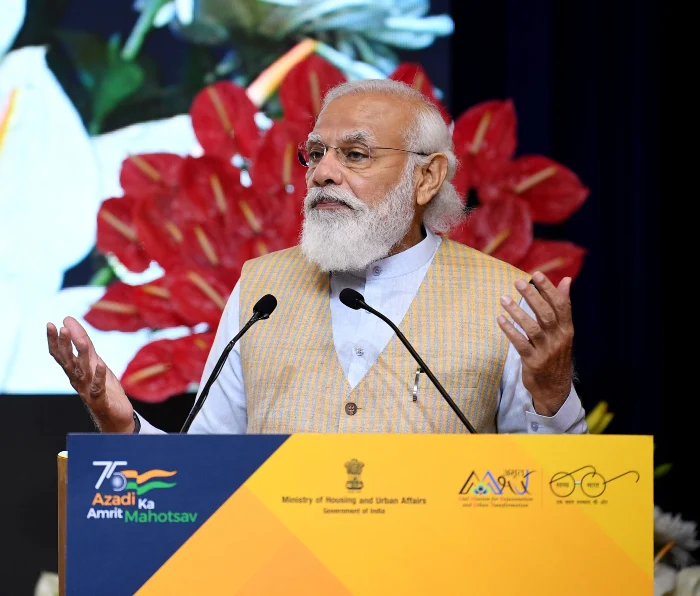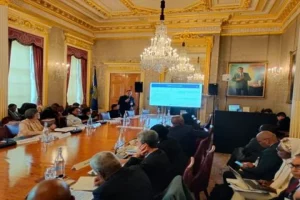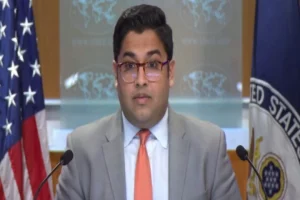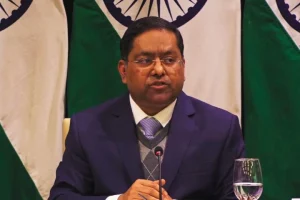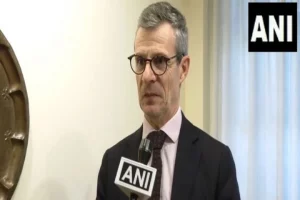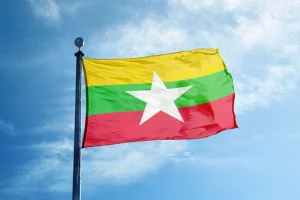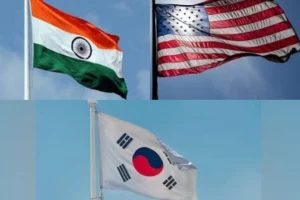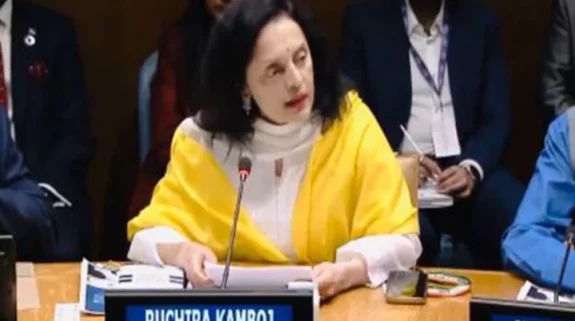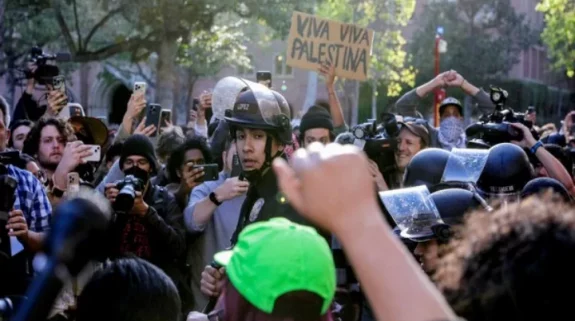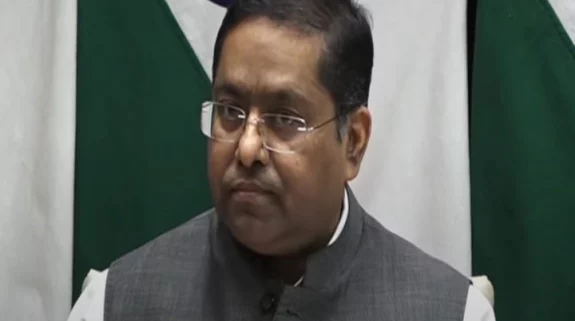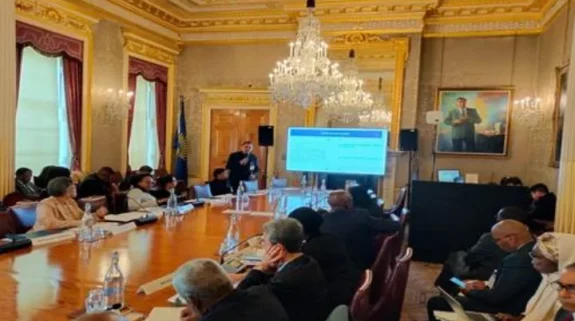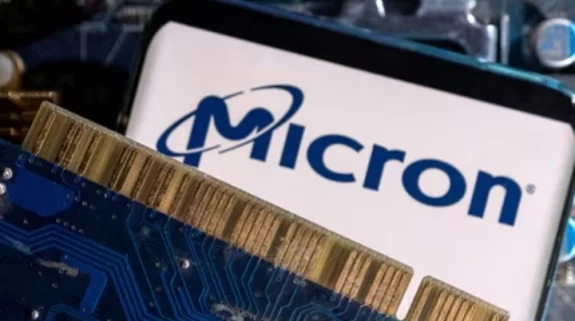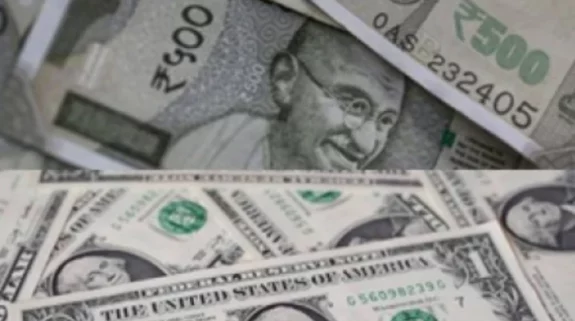With Covid numbers down, the economy showing signs of revival, and the well acclaimed success of his visit to the United States in the backdrop, a reinvigorated Prime Minister Narendra Modi has launched the second edition of his signature clean India drive.
The timing of the launch of the Swachh Bharat Mission – Urban 2.0 and the Atal Mission for Rejuvenation and Urban Transformation 2.0 mission is significant. The two schemes to make Indian cities ‘garbage-free and water-secure,’ have been launched a day before Gandhi Jayanti, the birthday of Mahatma Gandhi.
In his attempt to build a robust and energetic India, that feeds on the aspirations of hope of a billion people, PM Modi, has docked his tenure with the realisation of Gandhi’s dreams, in the digital age of the 21st century. Gandhi’s slogan of “cleanliness is equal to godliness” resonates powerfully in both the schemes that were flagged today.
At the launch event, Prime Minister Modi also said that the two programmes constitute an important step toward fulfilling the dreams of social reformer Dr Bhimrao Ramji Ambedkar, another icon to stood for a modern India, untainted by social discrimination brought about by the humiliating caste system. “It is our privilege that today's programme has been organised at the BR Ambedkar centre as he believed that urban development was pivotal to equality,” the PM said.
PM Modi said that with the Swachh Bharat 2.0 mission (SBM-U), his government is aiming to make the urban areas garbage-free. “With this second phase, we are also aiming for sewage and safety management, making cities water-secure and ensuring that the dirty drains do not merge into the rivers,” he explained.
“The garbage mountains in cities will be processed and removed completely as part of the SBM-U second phase.”
Taking a dig at his political rivals, the Prime Minister then said, “One such garbage mountain has been in Delhi for a very long time, it's also waiting to be removed.”
Moving on to talk about the humongous amount of waste products that the country processes each day, Modi said, “Today, India is processing about 1 lakh tonnes of waste every day. When we started the campaign in 2014, less than 20 per cent of the waste was being processed. Today, we are processing about 70 per cent of the daily waste; the next step is to take it to a complete 100 per cent.”
The SBM-U 2 envisions a plan to make all cities garbage-free by ensuring grey and black water management in all cities and the for the scheme mission is around Rs 1.41 lakh crore, a statement issued by the Prime Minister's Office said.
It also aims to make all urban local bodies with a population of less than 1 lakh Open Defecation Free (ODF), thereby achieving the vision of safe sanitation in urban areas—a throwback to Gandhi’s vision, with a digital 21st century twist.
The mission will also focus on source segregation of solid waste, utilising the principles of the three Rs of reduce, reuse, recycle, scientific processing of all types of municipal solid waste, and remediation of legacy dumpsites for effective solid waste management.
The Atal Mission for Rejuvenation and Urban Transformation 2.0 mission (AMRUT), on the other hand, is focusing on providing 100 per cent coverage of water supply to all households in around 4,700 urban local bodies by providing about 2.68 crore tap connections and 100 per cent coverage of sewerage and septage in 500 AMRUT cities by providing around 2.64 crore sewer or septage connections, which will benefit more than 10.5 crore people in urban areas. The acronym AMRUT, which means elixir, also has a deep Indian civilizational echo as well, in tune with PM Modi’s focus on reviving India as a civilizational state.
These flagship Missions launched to make Indian cities liveable also link with a global effort to achieve Sustainable Development Goals 2030, and India's aspiration to shoulder its global responsibilities as a prominent member of a reformed UN system.
Also read: Modi to attend Lucknow conclave on Oct 5






